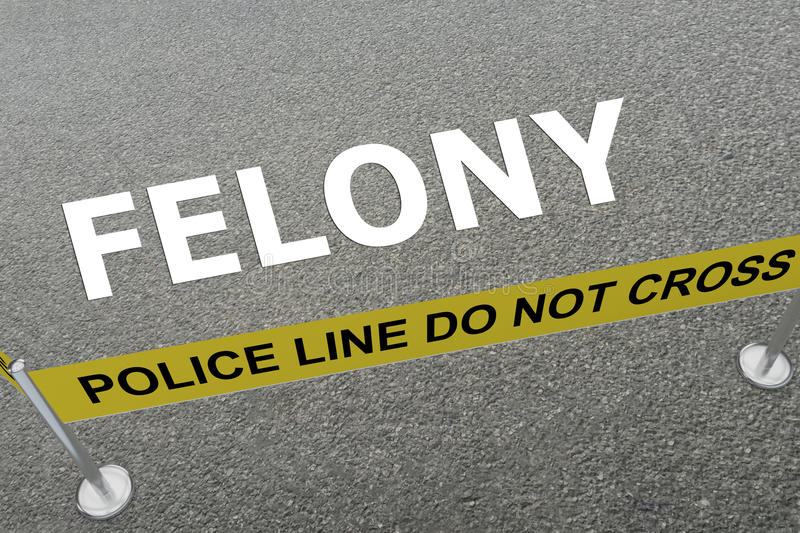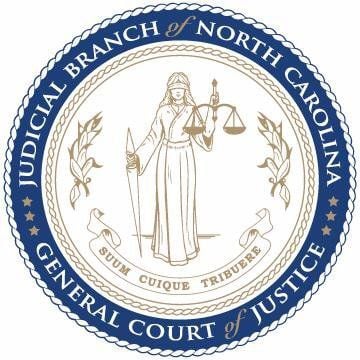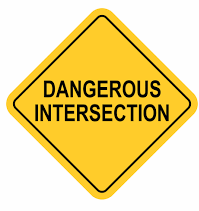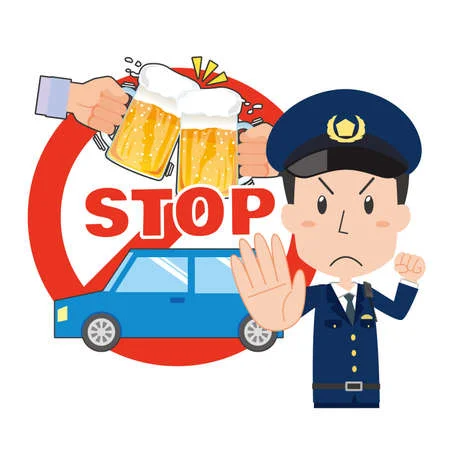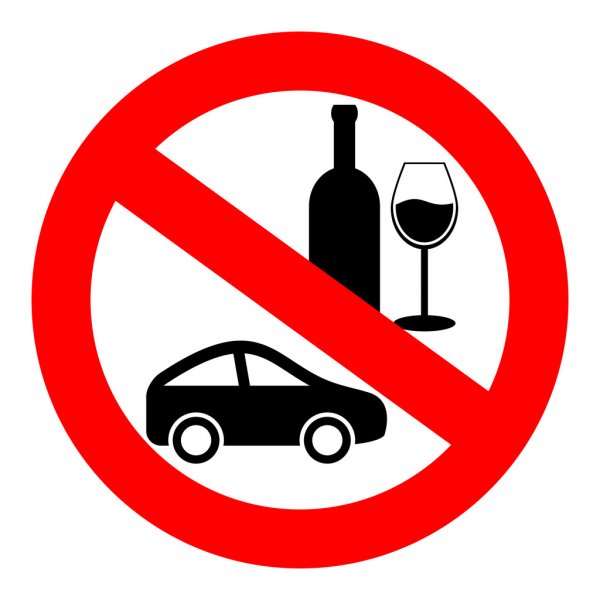Ways to Lose Driving Privilege
Wednesday, April 26th, 2023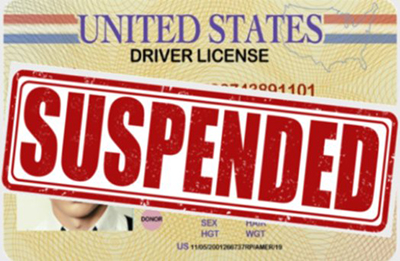
Under North Carolina law, what are the ways you can lose your driving privilege?
Under North Carolina law, there are several ways that a person can lose their driving privilege. Here are some of the most common:
1. Conviction of certain traffic offenses, including driving while impaired (DWI), reckless driving, hit and run, and speeding over 75 mph.
2. Accumulation of too many driver’s license points within a specific period of time. Points are assigned for various traffic violations, and when a driver accumulates a certain number of points within a three-year period, their license may be suspended.
3. Failure to appear in court or pay fines for traffic violations.
4. Failure to maintain proper liability insurance coverage for your vehicle.
5. Medical conditions or disabilities that make it unsafe to drive.
6. Habitual drug or alcohol use that makes it unsafe to drive.
7. Non-driving-related offenses, such as failure to pay child support or certain criminal convictions, can also result in a license suspension.
It’s important to note that the length of a license suspension can vary depending on the offense and whether it’s a first-time offense or a repeat offense.
Should you or someone you know receive a traffic ticket or any other criminal charge in New Hanover (Wilmington), Pender (Burgaw), or Brunswick (Bolivia) Counties, or face a suspension of your driver license, call Collins Law Firm at 910-793-9000 for a confidential consultation about what we can do to help you.
By Bryanna Gordon

